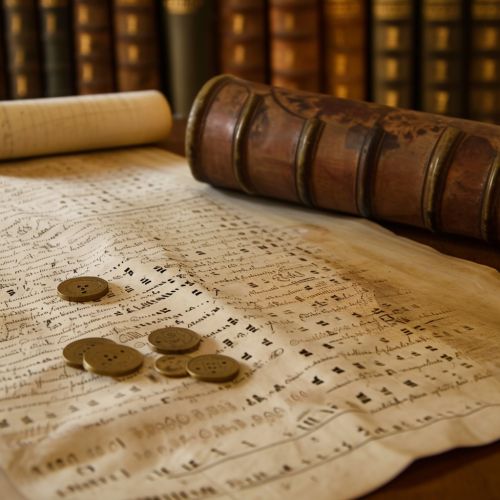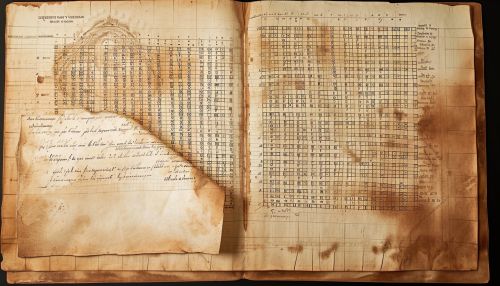Binary numeral system
Introduction
The binary system is a number system that uses only two digits: 0 and 1. This system is the foundation of all digital data and is fundamental to computer science and information theory. The binary system is a positional numeral system with a base of 2, which means that each digit represents a power of 2.
History
The concept of binary numbers dates back to ancient times, but the modern binary number system was fully documented by Gottfried Leibniz in the 17th century. Leibniz was inspired by the I Ching, an ancient Chinese text, which used a binary system for divination.


Representation
In the binary system, numbers are represented by a sequence of 0s and 1s. Each digit in this sequence is referred to as a bit. A sequence of 8 bits is called a byte, which is the basic unit of information in computing and digital communications.
Binary Arithmetic
Binary arithmetic is the process of performing mathematical operations, such as addition, subtraction, multiplication, and division, on binary numbers. The principles of binary arithmetic are similar to those of decimal arithmetic, but are simpler because there are only two digits.
Binary and Computers
Computers use the binary system because it's straightforward to implement with digital electronic circuitry using logic gates. The binary system is used internally by almost all modern computers and computer-based devices because it's straightforward to implement with digital electronic circuitry using logic gates.
Binary Code
Binary code is a system of representing text, computer processor instructions, or any other data using the binary system. Binary codes are often used in computer systems and digital devices.
Binary and Logic
The binary system is also used in formal logic, which is the basis of mathematical logic and computer science. In formal logic, binary can be used to represent the two logical values of true and false or 0 and 1.
Conclusion
The binary system is fundamental to the operation of computers and digital systems. Its simplicity and ease of implementation with digital electronic circuitry have made it the number system of choice in the digital age.
